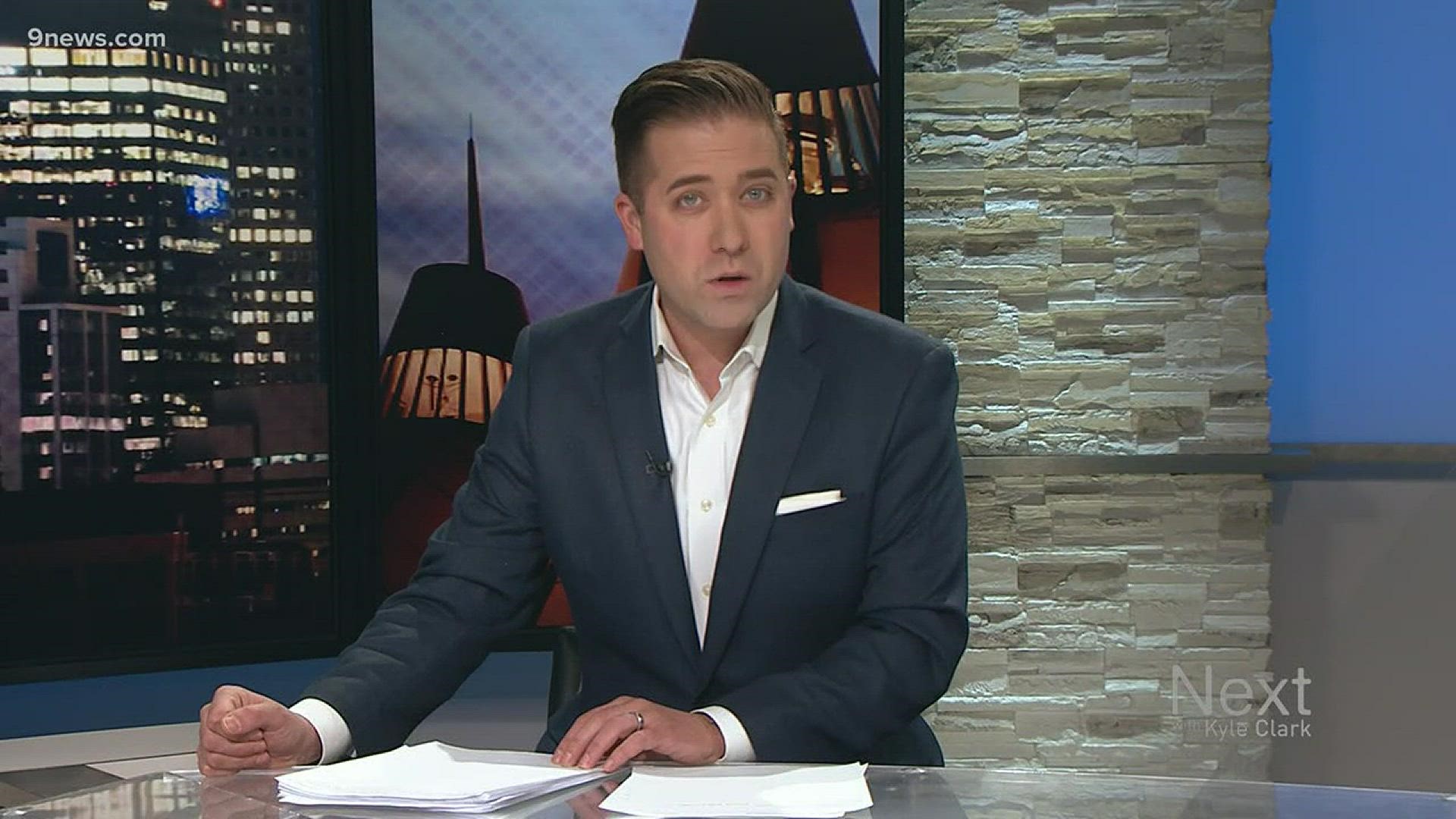DENVER — Colorado's Attorney General said he is ready to push back if the federal government goes through with changes to Title IX policies and how sexual assault cases are handled on campus.
Title IX is a federal guideline, which prohibits gender discrimination and it includes policies on sexual assault on college campuses and at K-12 schools.
In 2018, Education Secretary Betsy DeVos said, "The truth is the system established by the prior administration has failed too many students survivors and victims of a lack of due process."
Starting in November, the U.S. Department of Education took feedback as it considered possibly narrowing who on campus can take a sexual assault complaint, and allowing cross-examination through representation, like a lawyer, for the accused and accuser.
This week, Colorado's new Democratic Attorney General, Phil Weiser, said he would be ready to take the matter to court if the proposed changes go through.
"During my time at [the University of Colorado Boulder] and on the campaign trail, I've talked to victims, survivors of sexual assault. It's a big issue," said Weiser. "It's the effect afterwards of people living with this trauma. That's why this matters. We've worked hard here in Colorado to develop a system that protects survivors and are very mindful of due process rights of the accused."
Weiser said he would stand up against the federal agency and believes the systems in place now works in protecting both victims and ensuring due process rights for those accused.
"I want to stand up for them. For a system that is working for them. And stand up against a federal agency trying to tell us we can't do things the way we've been doing them and the way it works for us."
However, supporters for the idea said that right now, people facing accusations don't have an equal chance to prove their innocence, and the proposed rule changes could bolster their rights to due process.
Jack Robinson, who's defended students accused of harassment, explained further to 9NEWS when the proposed changes first started making the news.
"It does give some due process rights to people who are accused of sexual harassment, which I think was absent before," said Robinson, "A lot of times, my clients are students with disabilities who have a difficult time articulating their side of their story."
"No one benefits from a system that doesn't have the public's trust. Not survivors. Not the accused students," DeVos previously said.
Public comment can be given until Jan. 30. The Department of Education tweeted the period was extended, since people were told they have 60 days to leave their comments, and there were some technical difficulties earlier in January.
David Fine, Metro State University Denver general counsel, said the university hasn't taken a position yet and is still contemplating if it will weigh in.
For the time being, they are assessing their own policies to see what might change.
"It would change that the investigator, the university, would be required to keep the complainant and respondent up to date and make available the information in an on-going basis to each of them. Right now when an investigation occurs," said Fine.
Under the current regulations, if the complainant or respondent asks for information about the investigation, the university provides it, but it isn't required. MSU also doesn't have any kind of cross-examination.
Under the proposed rule changes, if universities are found to be "deliberately indifferent to a complaint," and violate the Title IX ruling, it could lose federal funding.
However, Fine said that may not be the case all the time.
"First of all, the rules make it difficult for a university to run afoul of the rules," said Fine, "In order to violate the rules, a university has to be deliberately indifferent to a complaint. As long as the university follows the rules set forth, the procedures set forth, a university will not be found deliberately indifferent."
"It's designed to make sure a university will be less likely to violate Title IX," he said.
In response to the proposed rule changes, State Senator Faith Winter (D-Westminster) is running a bill to establish state rules on how campuses handle these situations, reporting and clarifying the definition of harassment and assault.
The current version of the bill said in part:
The bill requires each institution of higher education (institution) to adopt, periodically review, and update a policy on sexual misconduct (policy). The bill establishes minimum requirements for the policies, including reporting options, procedures for investigations and adjudications, and protections for involved persons. Institutions shall promote the policy by posting information on their websites and annually distributing the policy and information.
"We want to provide some certainty to women going to college and our institutions of higher education," she said.
Winter said they are still waiting on the final rules to make sure any potential state laws work in conjunction with federal policies.
Fine said if both the federal and state rules went through, "To the extent a state law doesn't conflict with a federal requirement, we would have to follow the state and federal requirements. It adds another layer of information we have to digest."
As far as Fine is aware, the costs associated with the changes might come from the university's budget.
More from Next with Kyle Clark:

